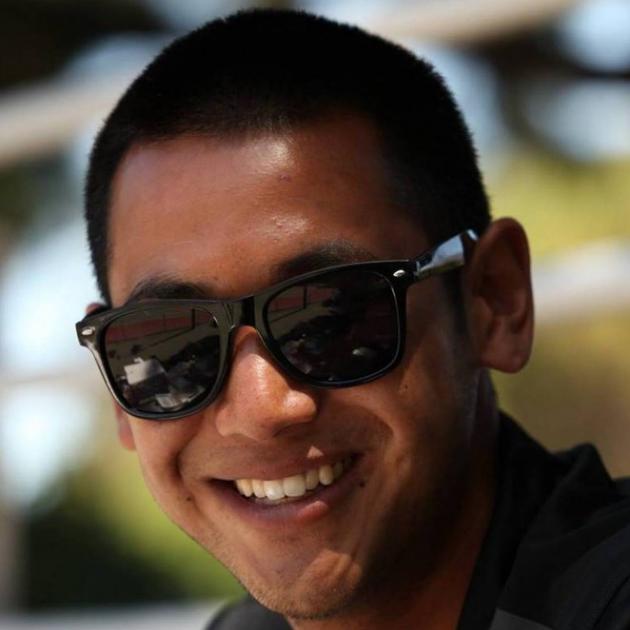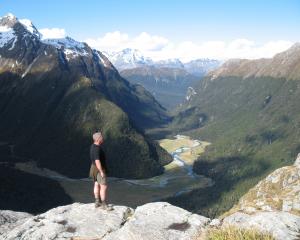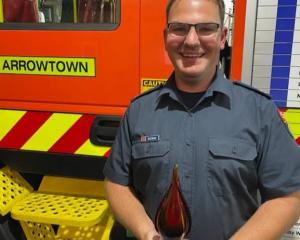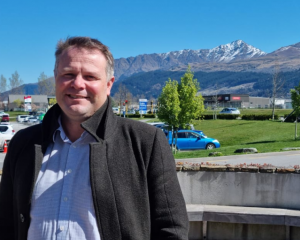
American Tyler Nii, 27, was never found after he landed in the lake when a tandem jump went wrong four years ago, in January 2018.
Police said while they are no longer searching for him, they do want to return him to his family.
"Police continue to liaise with Tyler's family, and respect his family's wishes to do everything they can to recover him," Detective Senior Sergeant Malcolm Inglis said in a statement.
Two years ago police rejected the Nii family's attempts to bring over a submersible drone from the US to search, and said this was not technically feasible at such depths.
"The Police Dive squad continue to investigate any equipment that may become available in New Zealand that can search at the depths it is believed that Tyler's body will be," Inglis said.
"Police carried out extensive searches for Tyler at the time and suspending any search is never an outcome we want. This was a difficult search given the depth of Lake Wakatipu."
The lake bed is mostly about 370m underwater, but the place Nii went missing drops to 400m. By comparison, the Sky Tower stand 328 metres tall, he said.
"It is always our intention to be able to provide closure to any family who has lost a loved one.
"We are aware of the impact Tyler's death has had on his family and friends and the distress the distance of not being able to be with him at his resting place has caused."
After Nii's death, and that of a woman who died while skydiving near Muriwai Beach in Auckland in March, there have been calls for rule changes for skydiving companies operating near water. Neither firm had rescue boats on the water for the dives.
However, inquiries by RNZ showed the new recommendations had not yet passed their first hurdle toward potentially being enacted.












